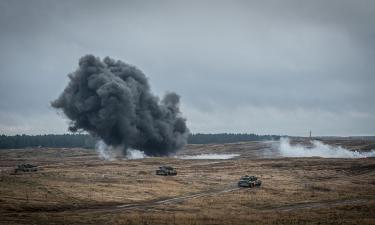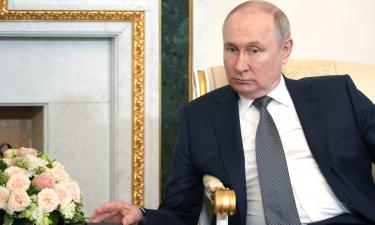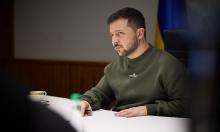UNO desires to protect human rights. As usual
Respect for liberties is critical for a safe and prosperous world, but the U.N. Commission for Human Rights needs to change its approach to better protect people against abuses, the global body's human rights chief said Monday. Speaking at the opening of the commission's annual six-week session in Geneva, U.N. High Commissioner for Human Rights Louise Arbour said that "improvement in individual and collective welfare ... cannot be attained, or sustained, without full respect for human rights." "So far, we have fallen short in the task of implementing human rights," Arbour told delegates to the 53-member commission. The human rights commission which has been criticized by campaigners for allowing the worst-offending countries to use their membership to protect each other from condemnation was in the middle of a reform process, Arbour said. Several possible changes have been suggested, including extending participation in the watchdog agency to all 191 U.N. members, or excluding those with poor records of their own. The U.N. commission must address long-standing problems, in particular the way that some of its 53 member states "routinely resort to double standards in addressing country situations," Amnesty International said. Under U.N. rules, members are picked by regional groups. Current member states that have been criticized for abuses include China, Cuba, Nepal, Russia, Sudan and Zimbabwe. "The commission has become a refuge for governments like Sudan, which should be in the dock rather than on the top U.N. rights body," said Kenneth Roth, executive director of the New York-based Human Rights Watch. "The commission must focus on protecting human rights, instead of blocking criticism of members that commit serious rights abuses." A high-level U.N. panel has reported that the commission's ability to promote respect for human rights "has been undermined by eroding credibility." About half the commission's current members will attend this session "not to promote human rights, but to undermine them," and this is reducing the credibility of the whole United Nations organization, said Roth. Developing countries dominate the commission, and many are unhappy with the entire principle of censuring abusive countries. Islamic nations proved the point last year by backing Russia over Chechnya, even though they often are critical of Moscow's treatment of the mainly Muslim Chechens. Some commission members have called for the United Nations to offer advice, training and other assistance to countries with poor human rights records rather than condemning them directly. "What is more effective: technical cooperation or naming and shaming? Such questions serve, in practice, as little more than a series of diversions to the real task in hand," said Arbour. "They become the theoretical playground within which we demonstrate our irrelevance and justify our inaction." The most important issue at this year's meeting is the threat to human rights posed by governments' anti-terror campaigns, Roth said. Campaigners called on the commission to condemn treatment of detainees by the United States and to ask that Washington give independent monitors access to terrorism suspects. Human Rights Watch is asking the commission to appoint a monitor with a three-year mandate to address terror and counter-terror issues. An additional key area of concern is the embattled Darfur region, where Sudan's government is accused of responding to a non-Arab rebellion by backing militias in a campaign of wide-scale abuses, including rape and killings, against Sudanese of African origin. Associated Press
Subscribe to Pravda.Ru Telegram channel, Facebook, RSS!





